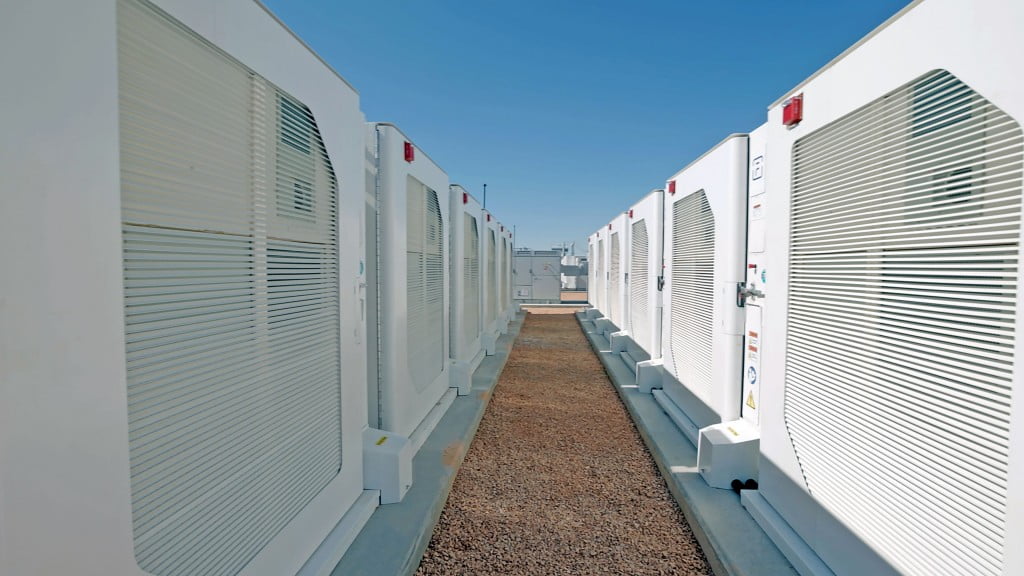
Lithuania’s electricity storage systems to be installed by Siemens Energy and Fluence

Battery-based energy storage system intended to ensure the reliability and stability of the Lithuanian electricity transmission system will be installed and operated by companies Siemens Energy and Fluence. The EPSO-G Group’s company Energy cells, implementing the project, signed an agreement with these companies, which will work on a joint deployment basis, for the design, manufacture, installation and servicing of four transmission-connected energy storage systems totalling 200 megawatts (MW) power and 200 megawatt-hours (MWh) capacity. The project is one of the largest of its kind in Europe.
The subsidiary of the German company Siemens Energy in Lithuania and Fluence Energy GmbH (a subsidiary of U.S.-based Fluence Energy LLC registered in Germany) have won an international tender for the procurement launched by Energy Cells for the system installation services and energy storage technology. The agreements, worth a total of EUR 109 million, provide for the companies to design, manufacture and connect energy storage facilities to the electricity transmission system by November 2022, as well as to provide service and maintenance services for 15 years after the system is installed.
According to Dainius Kreivys, Minister of Energy, this facility of national importance will serve as an effective active power reserve ensuring reliable and stable operation of Lithuania’s electricity transmission system until the synchronisation with the continental European grid, and in the future, for the integration of fast-growing renewable energy sources. “The energy storage facilities system must be operational in the shortest possible time and provide a new qualitative level of grid resilience,” says Dainius Kreivys.
“Companies that are among the global leaders in energy storage technologies will contribute to the success of the transformation of Lithuania’s electricity transmission system. This will ensure that Lithuania’s active power reserve will be created using the latest and most advanced energy storage technologies,” says Rolandas Zukas, CEO of EPSO-G.
Siemens Energy and Fluence will shortly start design work on the energy storage system, which is expected to be completed in February 2022. Construction work on the facilities is scheduled to start in June next year, with testing in the third quarter of the year. The active power reserve in Lithuania is scheduled to be operational in November 2022.
“The demand for energy storage facilities is constantly growing around the world, therefore our aim is to organise the procurement procedures smoothly and efficiently to secure the supply of the facilities and implement the project on schedule,” said Rimvydas Štilinis, CEO of Energy Cells.
The four energy storage facilities will be installed in transformer substations in Vilnius, Šiauliai, Alytus, and Utena. The total combined power and capacity of the storage facilities will be 200 megawatts and megawatt-hours, respectively, which is the minimum active power reserve Energy Cells needs to provide during isolated operation. In case of demand, the reserve storage facilities will be able to start delivering power within 1 second and ensure a reliable supply of energy to the grid until other sources of power generation become operational.
As more and more electricity is generated from renewable sources after synchronisation with the continental European grid, the storage facilities will be able to store and supply electricity generated by solar or wind farms into the grid when needed. This will contribute to the country’s climate change mitigation objectives by reducing the need for the services of generators using conventional energy sources to operate the transmission system.
The Government of the Republic of Lithuania appointed EPSO-G owned company Energy Cells as the operator of the storage facilities in July this year.